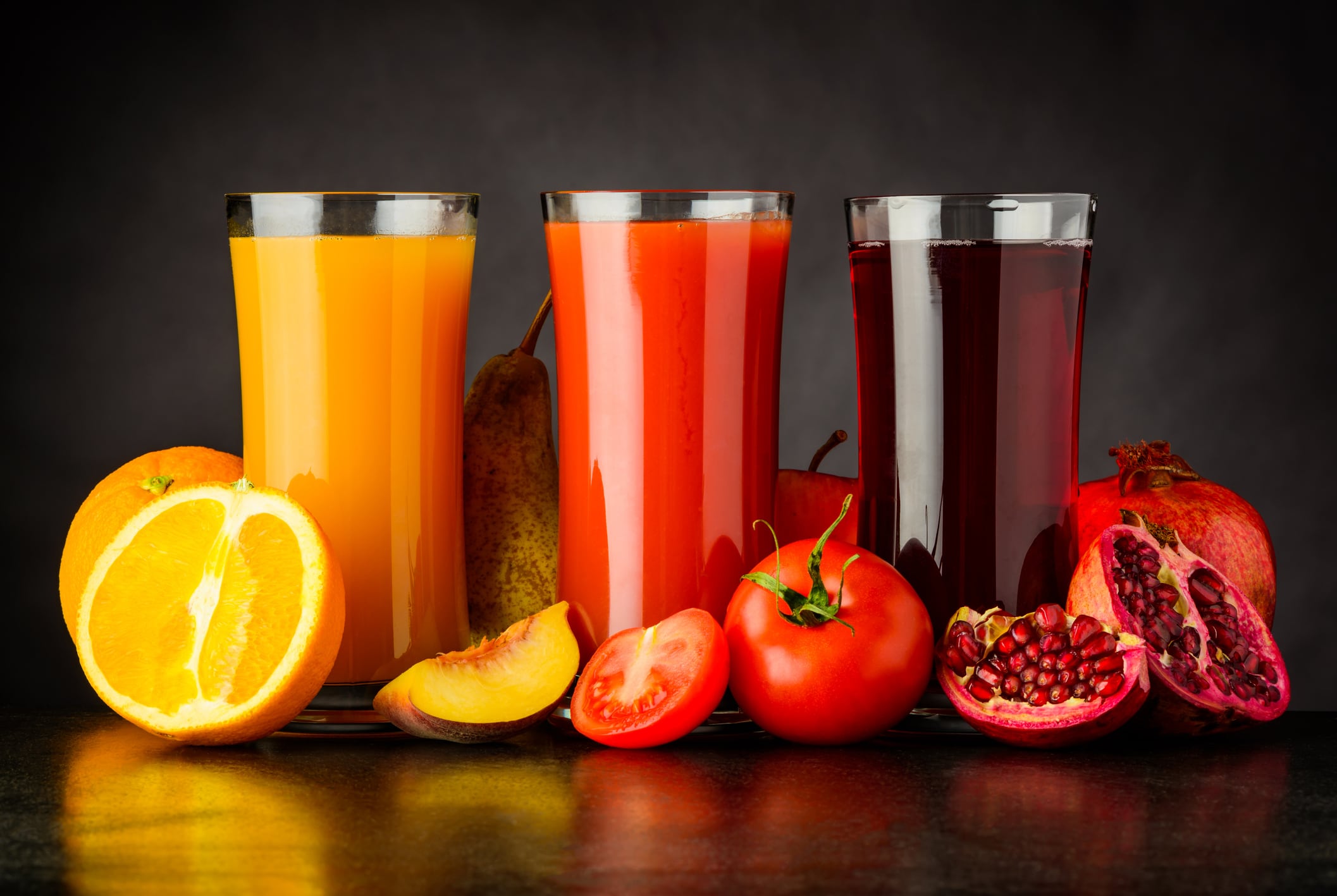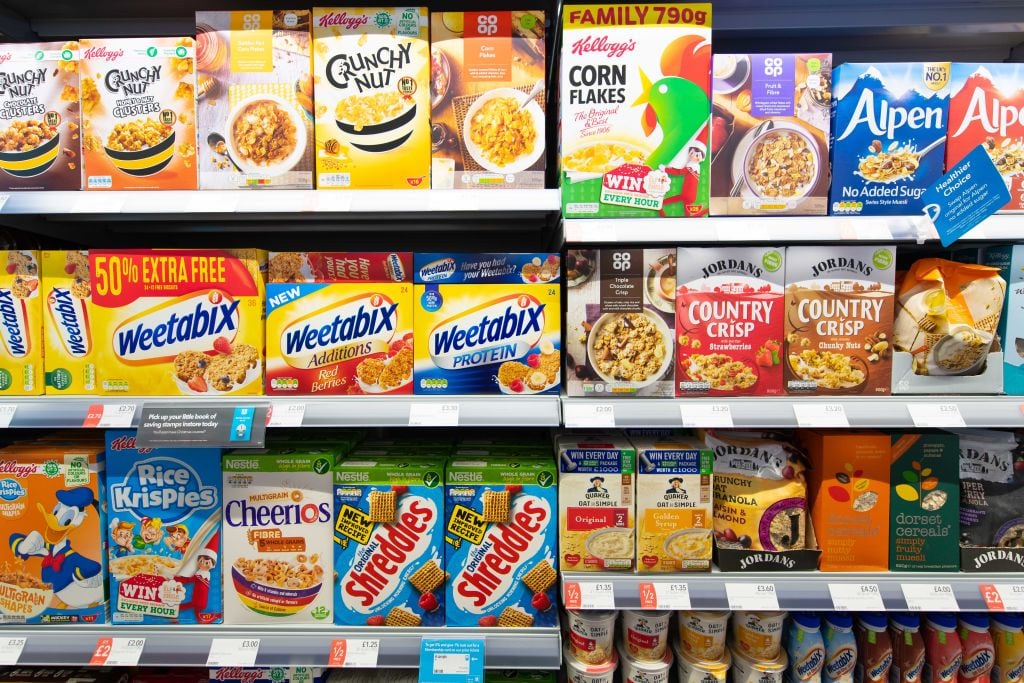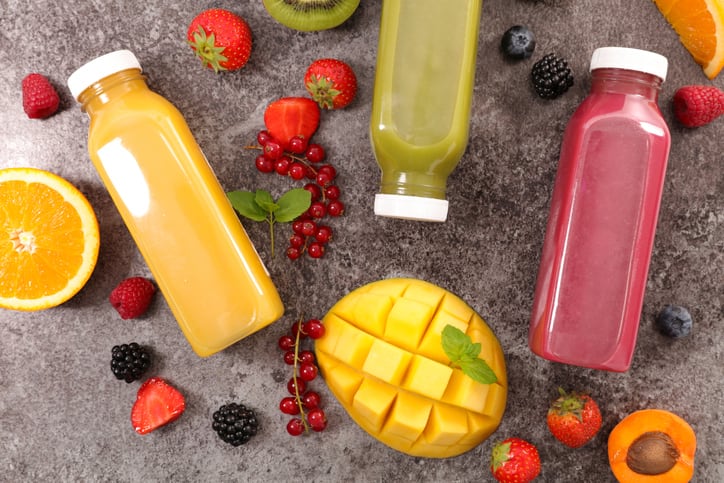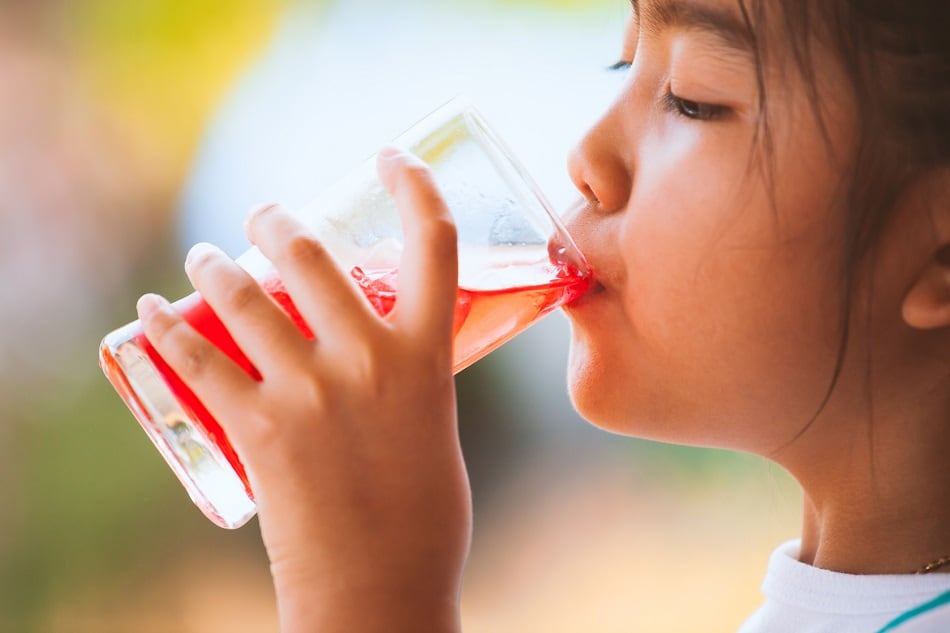There is a “possible” association between the higher consumption of sugary drinks such as sugar-sweetened drinks and 100% fruit juice and an increased risk of cancer, according to a study that concluded that policy actions, such as taxation and marketing restrictions targeting sugary drinks, could “potentially” contribute to the reduction of cancer incidence.
The research, published in the British Medical Journal, looked at 101,257 healthy French adults (21% men; 79% women) with an average age of 42. The participants answered questionnaires to track their diets for three days every two years. They were followed for an average of five years with the maximum for nine years.
Several well-known risk factors for cancer, such as age, sex, educational level, family history of cancer, smoking status and physical activity levels, were taken into account.
More men than women drank daily sugary drinks (90.3 ml versus 74.6 ml, respectively). During follow-up 2,193 first cases of cancer were diagnosed (693 breast cancers, 291 prostate cancers, and 166 colorectal cancers). The average age at cancer diagnosis was 59 years.
One glass of sugary drinks a day linked to cancer risk
The results showed that a 100 ml per day increase in the consumption of sugary drinks was associated with an 18% increased risk of overall cancer and, for women, a 22% increased risk of breast cancer. Both sugar-sweetened drinks and 100% fruit juice were associated with a higher risk of overall cancer.
Of note, even sugary drinks with lower sugar content were associated with cancer in this study, probably because they were consumed in higher amounts than sugary drinks with higher sugar content, said the authors.
No cancer link from artificially sweetened drinks
The consumption of artificially sweetened beverages was not associated with the risk of cancer, but the authors warned this may have been owing to a relatively low consumption level in this sample.
No association was found for prostate and colorectal cancers, but the numbers of cases were more limited for these cancer locations.
The authors said the results may have been down to the effect of the sugar contained in sugary drinks on visceral fat (stored around vital organs such as the liver and pancreas), blood sugar levels, and inflammatory markers, all of which are linked to increased cancer risk.
Cautious interpretation is needed
However, the study was observational, meaning it could not establish cause or prove that sugary drinks cause cancer. Other chemical compounds, such as additives in some sodas, may have also have played a role, the authors added.
The data support policy action, say the authors
Nevertheless, the study sample was large and they were able to adjust for a wide range of potentially influential factors, they said. What’s more, the results were largely unchanged after further testing, which suggested that the findings withstand scrutiny.
But despite the study being observational, and needing replication in other large scale studies, the findings added to a growing body of evidence indicating that limiting sugary drink consumption, together with taxation and marketing restrictions, might contribute to a reduction in cancer cases, said the authors.
“These data support the relevance of existing nutritional recommendations to limit sugary drink consumption, including 100% fruit juice, as well as policy actions, such as taxation and marketing restrictions targeting sugary drinks, which might potentially contribute to the reduction of cancer incidence,” they concluded.
Source
‘Sugary drink consumption and risk of cancer: results from NutriNet-Santé prospective cohort’
BMJ
doi: https://doi.org/10.1136/bmj.l2408
Authors: Eloi Chazelas, Bernard Srour, Elisa Desmetz, Elisa Desmetz, Chantal Julia, Valérie Deschamps, Nathalie Druesne-Pecollo, Pilar Galan, Serge Hercberg, Paule Latino-Martel, Mélanie Deschasaux, Mathilde Touvier.





